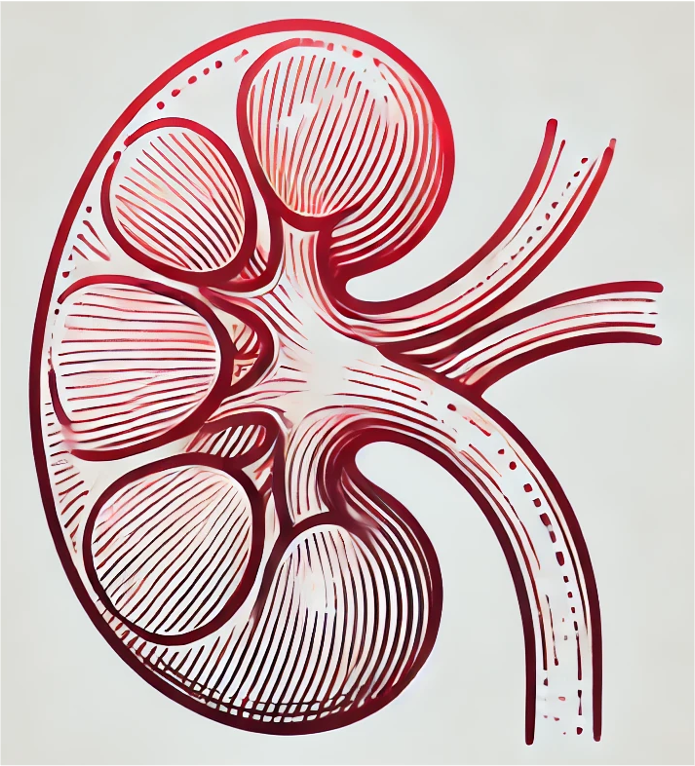Description
- We used RNA-seq to examine vascular tissue (aorta) transcriptomes from chronic kidney disease rat model (uremic) developing vascular calcifications, compared with controls. Uremic calcified aortas have extensive changes in the transcriptional profile. Among the 10,153 genes with an expression level of >1 reads/kilobase transcript/million mapped reads, 2,663 genes were differentially expressed with 47% upregulated genes and 53% downregulated genes in uremic rats. Significantly deregulated genes were enriched for ontologies related to the extracellular matrix, response to wounding, organic substance, and ossification. The individually affected genes were of relevance to osteogenic transformation, tissue calcification, and Wnt modulation. 2. We demonstrated extensive changes in the transcriptional profile of the uremic calcified aorta, which were consistent with a shift in phenotype from vascular tissue toward an osteochondrocytic transcriptome profile. 3. Moreover, neither the normal vasculature nor calcified uremic vasculature expresses Klotho.
Overall Design
Uremia was induced by 5/6 nephrectomy. Induction of vascular calcification requires reduced kidney function and also a high-phosphate diet in addition to vitamin D. After 8 wk of uremia, rats were treated with vitamin D, alfacalcidol 30 ng three times weekly and euthanized after 6 wk of vitamin D treatment and a total of 14 wk of uremia (uremic). An extra control group of normal rats given vitamin D was added (control+D) to examine the specific effect of vitamin D in our model. Control group (control) was left untreated until euthanization after 14 wk.
Curator
xm_li
